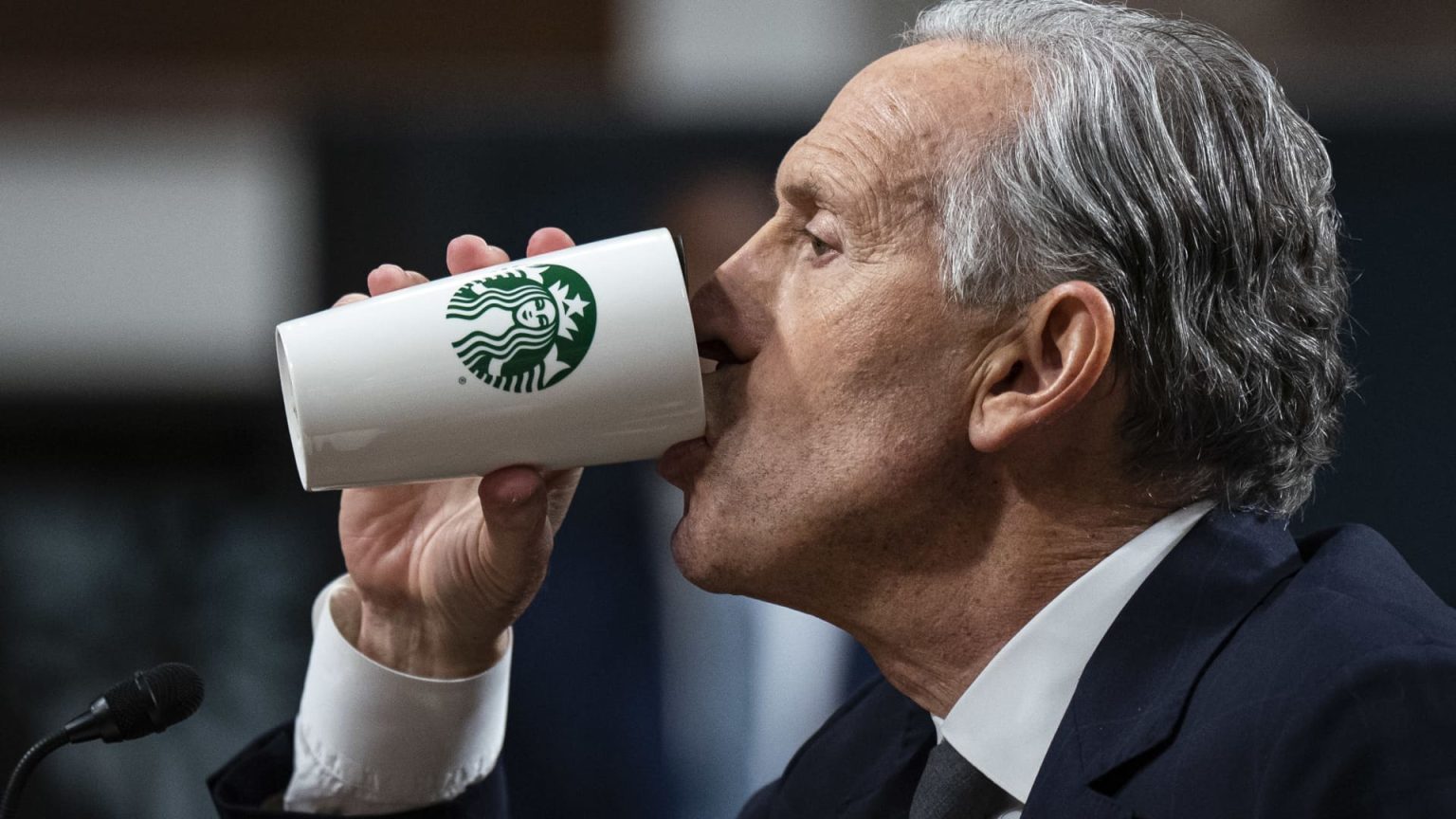Whatever the reason, it’s unlikely to be a hard-hitting discussion because there is nothing to hit hard. These interviews are mainly informative. For example, when I chatted with Albert Manifold, the CEO of CRH, the largest construction company in the United States, the focus was on the sustainability of the company’s success. CRH has outperformed its peers in the last six months by offering a turnkey approach that its clients love, coming in below the cost of competitors while still delivering quality work. The interview aimed to determine what inning we are in of the infrastructure boom, and despite the stock’s significant rise, there is still potential growth left.
As a generalist analyst, I must be able to cover any stock from any industry. In my interview with the CEO of Recursion Pharmaceuticals, a small company that uses generative AI to discover new drugs, the focus shifted to the high-risk nature of the biotech industry. While Recursion has the backing of Nvidia’s CEO, success is hit-or-miss, with the potential for a breakthrough leading to significant gains. However, the company’s largest shareholder, ARK Invest, is known for a doctrinaire style that may not always align with sound investment principles.
The current focus among analysts and journalists is on determining if the strong U.S. consumer is showing signs of weakening. With inflation being a top concern for Americans, companies that offer value are attracting more customers. Restaurant chains like Chili’s, Texas Roadhouse, and Domino’s Pizza, offering affordable options, are outperforming those that have embraced premiumization strategies like Diageo. The key takeaway is that value is winning in the current market environment, with the stock of companies that offer the best value experiencing significant gains.
In analyzing the performance of companies like McDonald’s, Starbucks, and Chipotle, the importance of fighting inflation with inexpensive offerings becomes clear. McDonald’s stock surged after hinting at a $5 value meal to address pricing concerns, highlighting the need for companies to adapt to consumer preferences. Starbucks, on the other hand, has struggled due to long lines, complex drinks, and high prices, indicating a disconnect with consumer expectations.
Despite Starbucks’ challenges, there is hope for improvement through offering cheaper options to attract cost-conscious consumers. By adjusting their pricing strategy, Starbucks could see a significant boost in their stock performance. The key takeaway for CEOs in the current market environment is to understand and address consumer preferences for value, as companies that offer affordable and appealing options are likely to see success. By adapting to changing consumer trends, businesses can enhance their performance and attract more investors.


